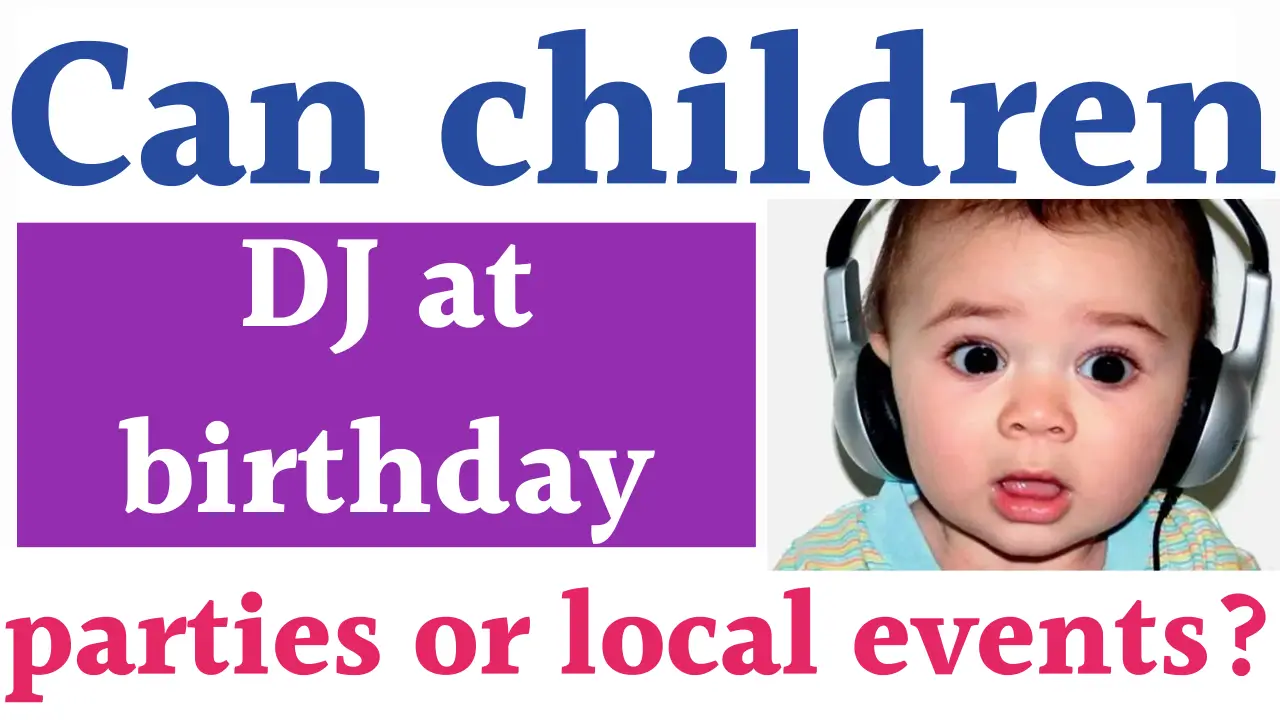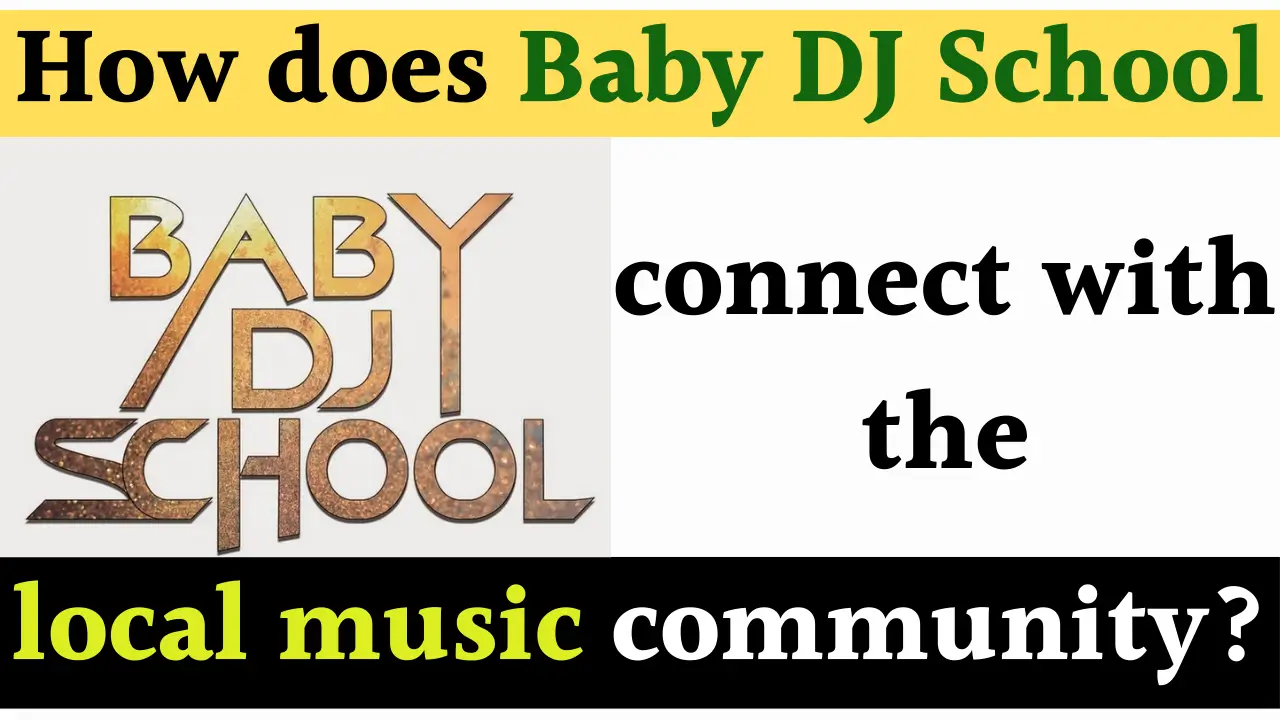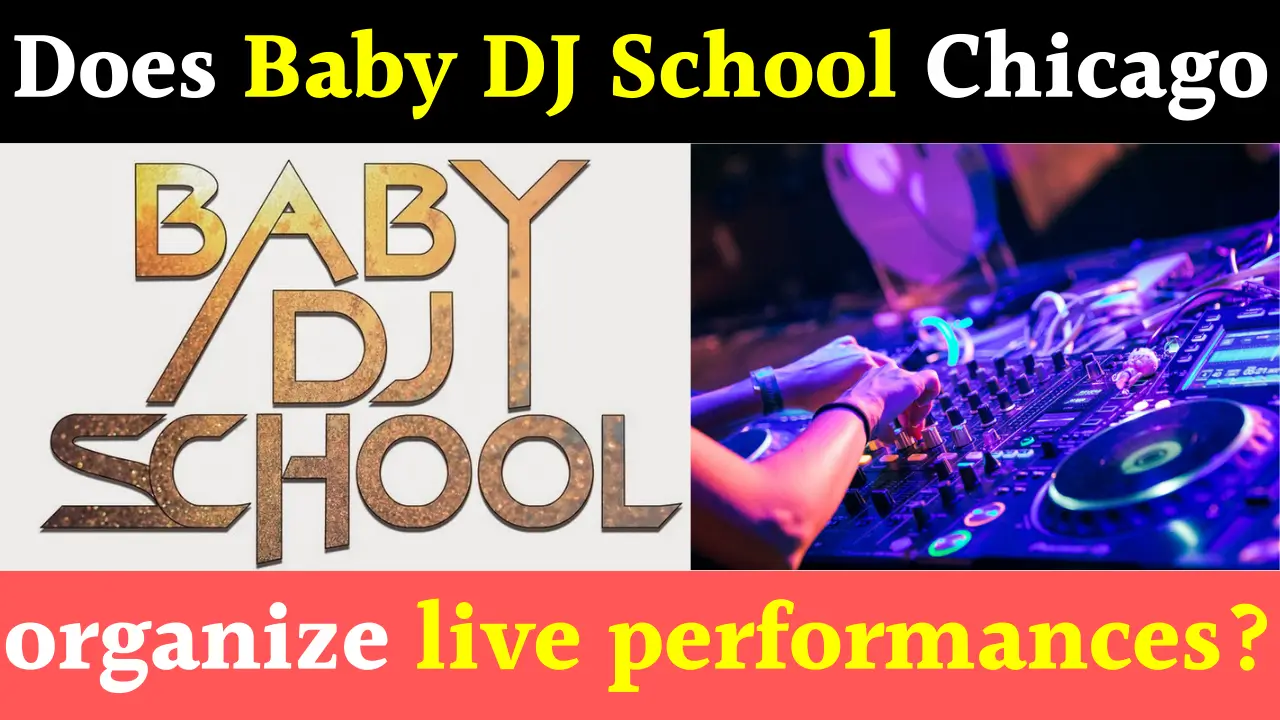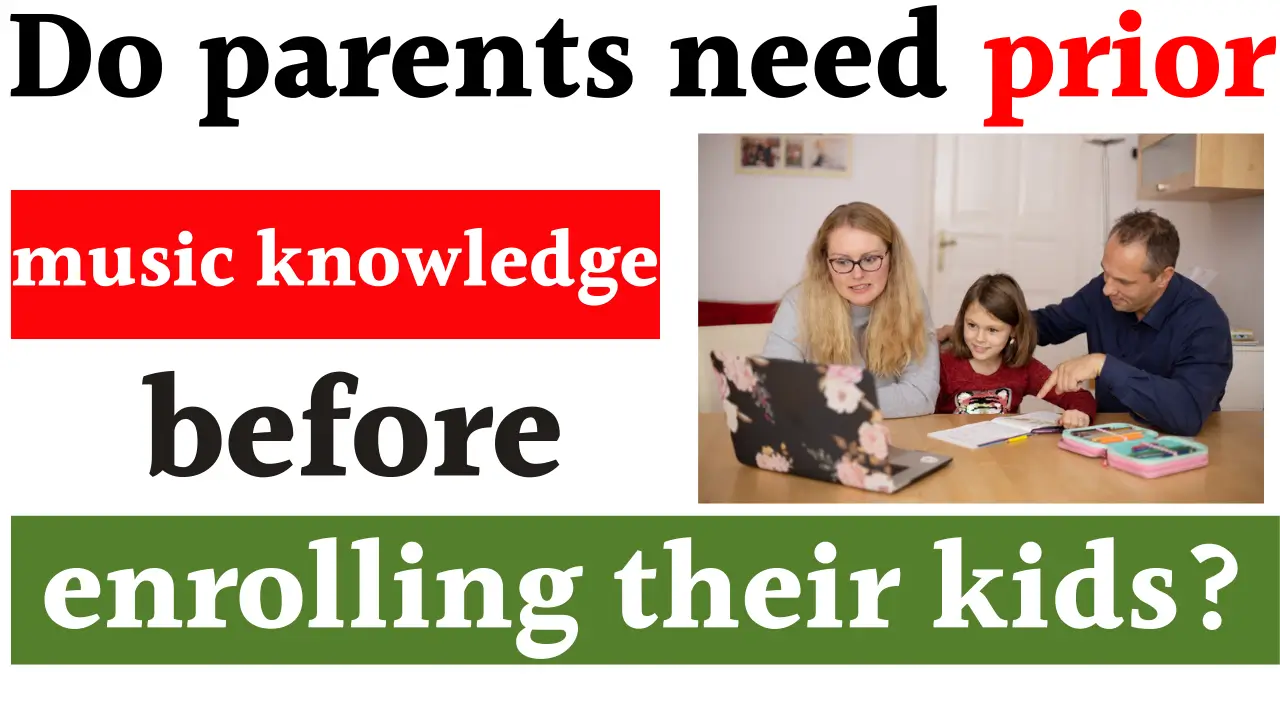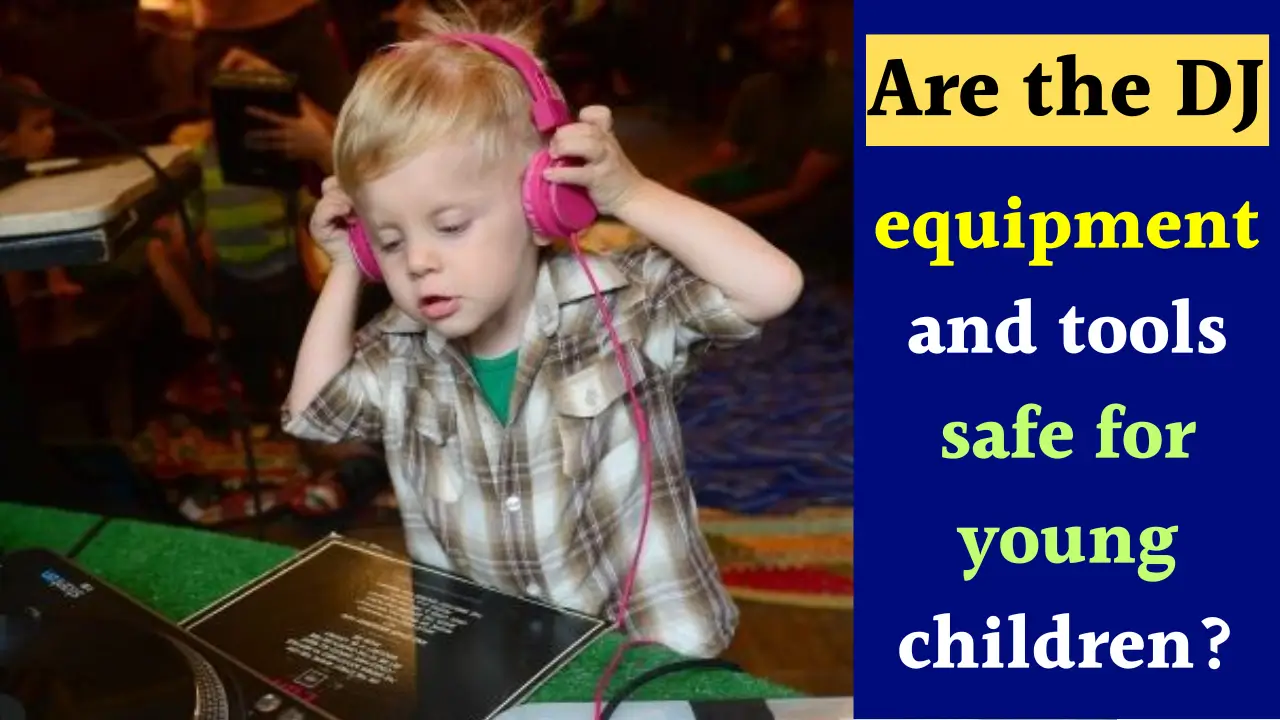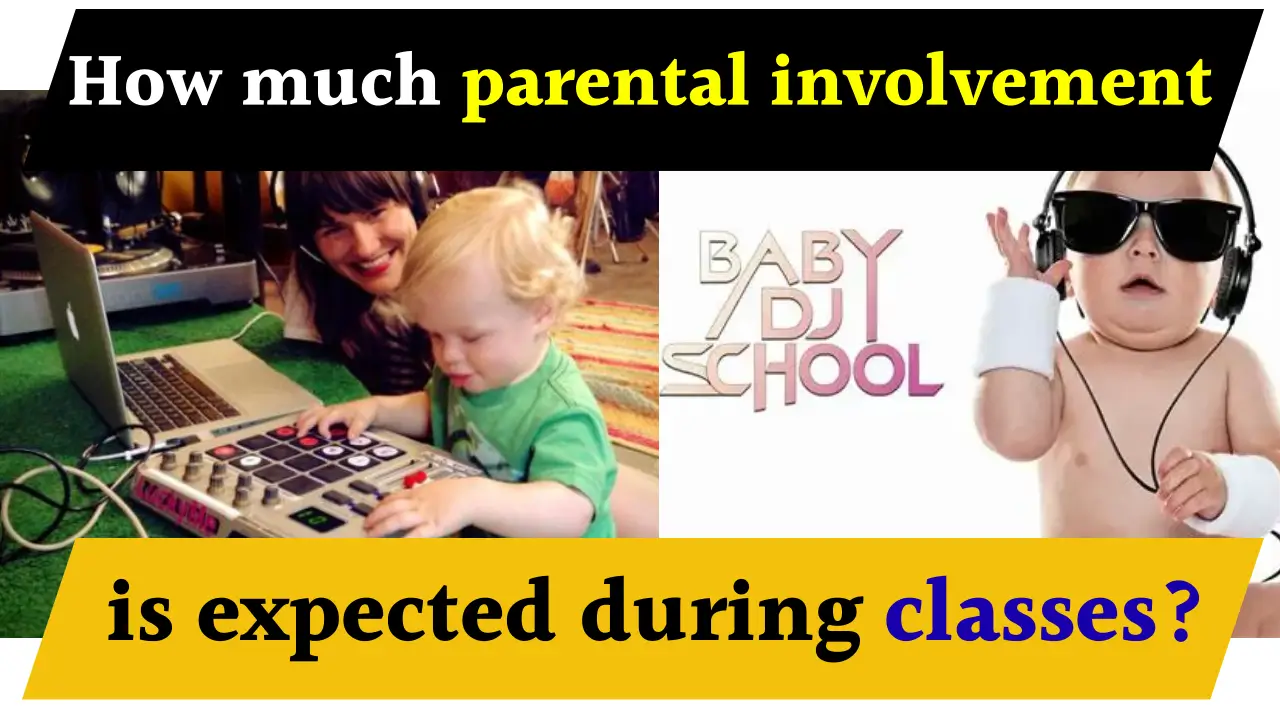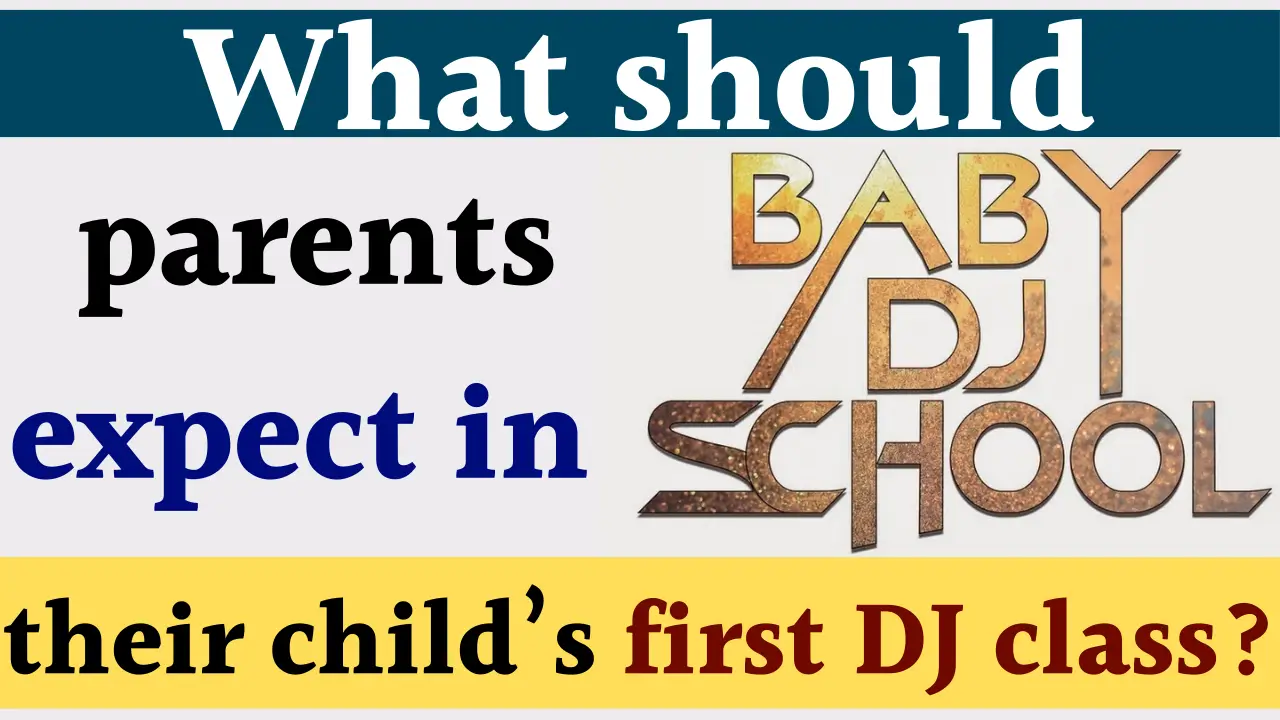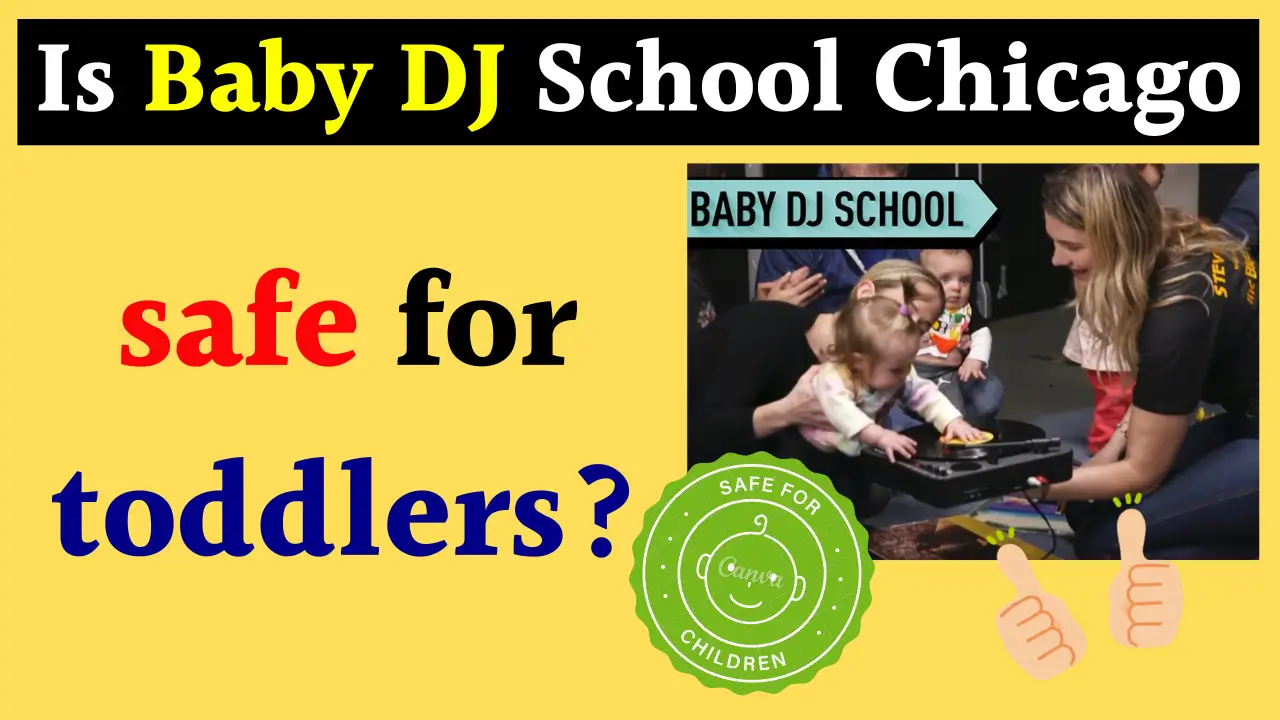Graduation ceremonies and showcases have long been meaningful milestones that celebrate academic achievements and mark new beginnings. Increasingly, these events incorporate families not just as spectators but as active participants, enhancing the experience for graduates and their loved ones alike. Whether at elementary schools, high schools, colleges, or specialized creative programs, there is a growing trend of organizing graduation events that involve families through ceremonies, showcases, and celebrations designed with them in mind.
Family Participation in Graduation Events
Families play a crucial role in supporting graduates emotionally and socially, and their involvement adds layers of meaning to graduation events. Schools and institutions are recognizing this importance by creating inclusive ceremonies and showcases where families can engage actively rather than just attend passively.
The Importance of Family Involvement
- Emotional support and validation: Presence of family members at graduations enables young graduates to feel recognized and proud of their achievements.
- Strengthening family bonds: Graduation events bring families together to share joy and create lasting memories.
- Building community: Families attending shows or ceremonies foster a greater sense of connection among school communities.
- Active participation: Some ceremonies invite family members to speak, perform, or even participate in symbolic rituals, enhancing the personal feel of the celebration.
Types of Graduation Events for Families
Graduation events vary widely depending on the age group, institution, and focus of study, but many incorporate engaging approaches for families.
Common Formats and Features
| Graduation Event Type | Description | Family Involvement Opportunities |
|---|---|---|
| Traditional Graduation Ceremonies | Formal events featuring speeches, diplomas, and cap-and-gown processions. | Family attendance, on-stage participation, photos |
| Graduation Showcases/Exhibitions | Student work, projects, or performances displayed publicly. | Families view projects, interact with students |
| Cultural and Performing Arts Graduations | Includes performances such as dance, music, or theater. | Families attend, sometimes participate in or witness performances |
| Graduation Parties and Social Events | Informal celebrations with food, games, and activities. | Families and friends celebrate together |
| Themed Family-Centered Events | Events designed to engage families directly through activities or speeches. | Storytelling sessions, family speeches, interactive activities |
Latest Trends and Updates in Family-Oriented Graduation Events (2025)
Schools Emphasizing Family Showcases
Many institutions now hold showcases where graduates present their work in fields like design, arts, and technology directly to family and industry guests. For example, design colleges host “Graduate Showcases” featuring student projects in Animation, Fine Arts, and Game Development. Families get to witness the creative growth of their children, interact in maker spaces, and celebrate their achievements in a vibrant setting.
Inclusive Ceremonies with Family Participation
Some universities and professional schools have introduced stage participation for family members, allowing them to place academic hoods on their graduates or walk alongside them in the procession. This practice honors family support and creates a touching milestone moment.
Cultural and Storytelling Elements
In younger grades, some graduation events incorporate storytelling sessions led by noted storytellers. These sessions highlight the importance of family narratives in learning and growth, encouraging families to play an active role in their child’s educational journey.
Interactive Social Celebrations
Graduation parties geared toward family involvement often feature:
- Themed photo booths with props for memorable pictures.
- Interactive games suitable for all ages.
- Memory walls showcasing childhood photos and videos.
- Food stations and dessert bars that cater to guests’ tastes.
- Outdoor picnics or beach parties where families mingle and celebrate informally.
How Families Can Be More Involved in Graduation Ceremonies
Families today are encouraged to play active roles in graduation events, not only by attending but by contributing meaningfully to the celebration.
Ways for Families to Participate
- Deliver brief speeches or reflections sharing wisdom and encouragement.
- Participate in symbolic rituals, such as hooding or certificate presentation.
- Help organize or contribute to party themes, decorations, and activities.
- Engage in pre-ceremony storytelling or cultural sessions.
- Create and share memory collages or video montages celebrating the graduate’s journey.
Summary Table: Family Involvement Benefits in Graduation Events
| Benefit | Description |
|---|---|
| Emotional encouragement | Enhances graduates’ self-esteem and sense of achievement. |
| Community building | Strengthens ties between families, schools, and peers. |
| Memorable experiences | Creates lasting positive memories for the whole family. |
| Cultural enrichment | Involves storytelling or performances that enrich the event. |
| Social engagement | Provides opportunities for families to connect and celebrate. |
Conclusion
Graduation events today are evolving to become more inclusive, interactive, and family-friendly. From traditional ceremonies to creative showcases and themed social celebrations, families have multiple avenues to engage with and support graduates. These practices not only honor the graduate’s achievements but also strengthen family bonds and build community in meaningful ways. The trend of including families more actively—from stage participation to shared celebrations—reflects a broader understanding that education is a collective journey supported by many, made all the more special by shared joy and involvement.
Families can look forward to graduation events in 2025 and beyond that offer heartfelt experiences designed for connection, celebration, and inspiration for everyone involved.






